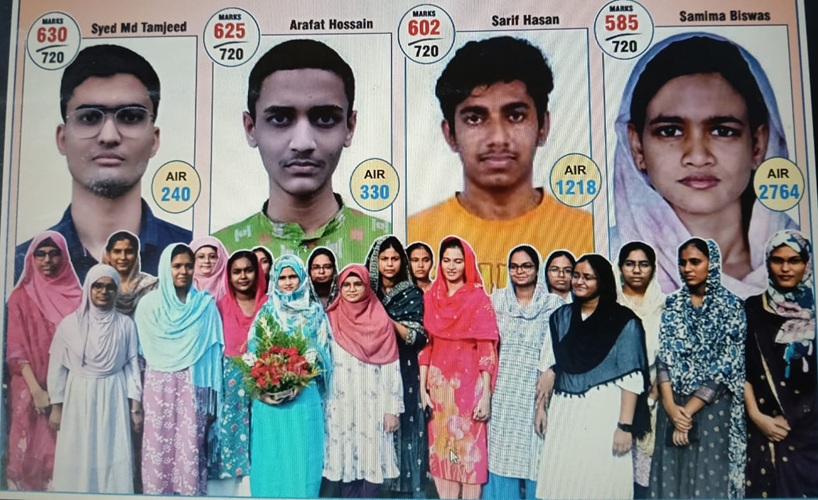Abdul Ghafoor Abdul Majeed Noorani, commonly known as A G Noorani, 16 September 1930-29 August 2024, was a distinguished scholar – in its truest sense, a writer, lawyer, and political commentator whose extensive oeuvre profoundly impacted discussions on various subjects including Indian constitutional law, politics, history, and civil liberties.
Although it is challenging to fully capture the depth of Noorani’s contributions and the knowledge he has imparted, this article offers an overview of his most notable scholarly works. We will explore some of Noorani’s major books and writings, highlighting his critical insights into Indian politics and history.
AG Noorani’s Early Works and Major Contributions
Noorani’s scholarly journey commenced with his seminal work “The Kashmir Question” (1964). This pivotal book offers an in-depth analysis of the origins and development of the Kashmir conflict, establishing Noorani’s reputation as a preeminent authority on the subject. He meticulously explores the political, historical, and international dimensions of the dispute, providing insights that remain pertinent in contemporary discourses on Kashmir.
Another notable early work is “Ministers’ Misconduct” (1973). This book critically examines the ethical standards and legal frameworks governing political leaders in India. By investigating various instances of misconduct, Noorani highlights issues of political corruption and advocates for accountability and transparency in governance.
Exploration of Constitutional Issues
Noorani’s “Constitutional Questions and Citizens’ Rights” (2006) offers a comprehensive exploration of how constitutional provisions affect individual freedoms. It addresses some critical legal issues such as preventive detention laws, freedom of expression, and the balance between state power, and individual rights. Noorani’s analysis reflects his deep engagement with the evolving landscape of civil liberties in India.






0 Comments